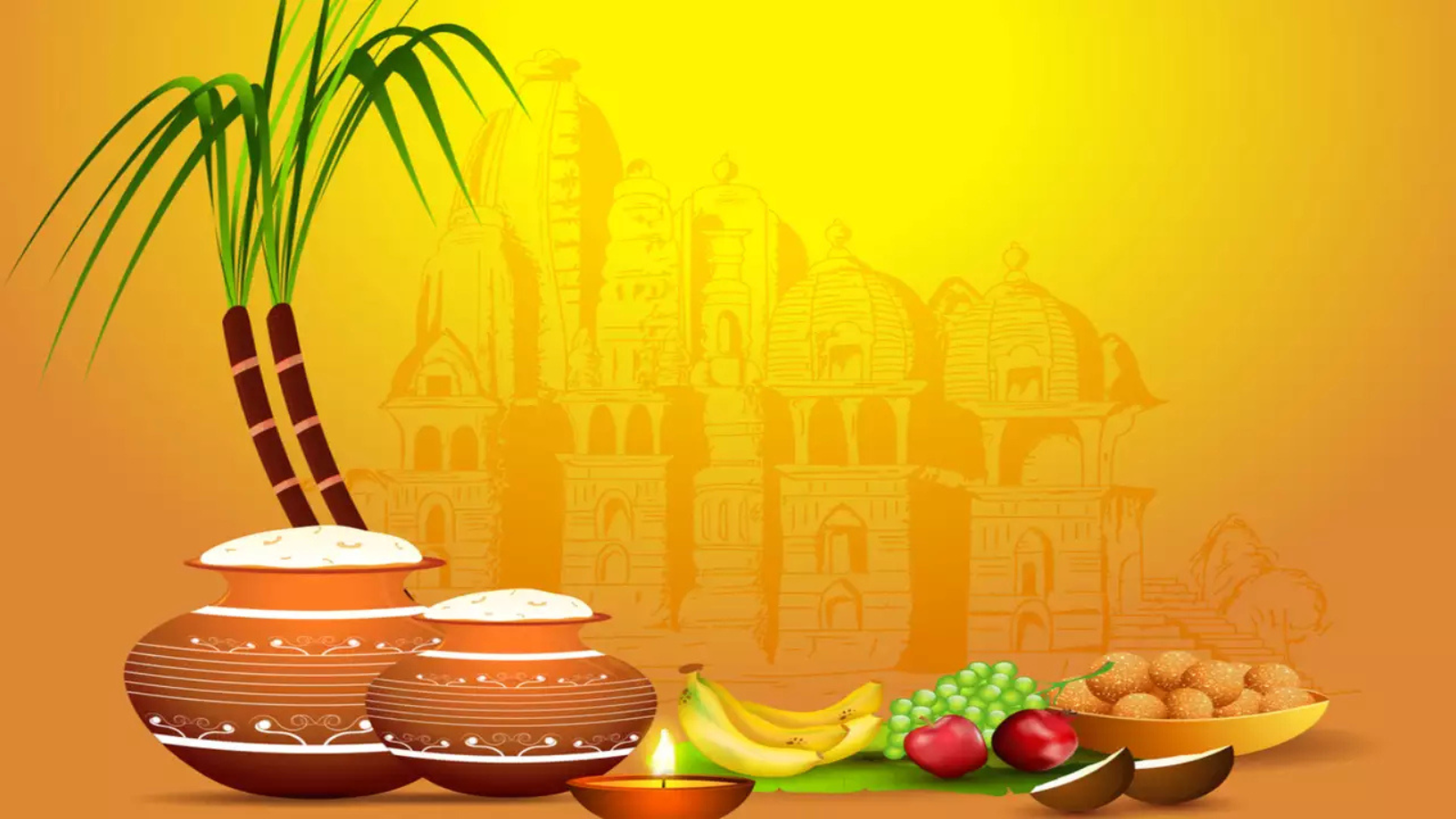What Is the Bhogi Festival? Explore Celebrations and Rituals Across India Before Makar Sankranti

Bhogi, a vibrant festival celebrated just before Makar Sankranti , holds deep cultural and spiritual significance. This occasion not only marks the end of the winter solstice but also celebrates the beginning of the harvest season. Observed with fervor across various parts of India, Bhogi offers a beautiful blend of rituals and traditions, uniting diverse cultures in a shared sense of renewal and gratitude.
Why Bhogi Is Celebrated
Bhogi falls on the last day of the Tamil month Margazhi, typically around January 13. In Maharashtra, it's dedicated to Lord Indra, the rain god, seeking blessings for a prosperous harvest. It is a day to cleanse and renew, symbolizing a fresh start with the dawn of longer days and a bountiful agricultural season.
The tradition of burning unused and old items in a bonfire is integral to Bhogi. This act is symbolic of clearing negativity and making space for new opportunities and positivity.
Regional Celebrations of Bhogi
The celebration of Bhogi, while unified by its core values, takes on unique forms in different states:
- Tamil Nadu: Here, it's part of the Pongal festivities, known as Bhogi Pongal. It marks the first day of the four-day harvest festival.
- Andhra Pradesh & Telangana: Known for their 'Bhogi Mantalu', the region celebrates with bonfires and discarding old items as a symbol of renewal.
# Bhogi Celebrations in Maharashtra
Maharashtra celebrates Bhogi with vigor, beginning with early morning rituals. Bonfires made of firewood and cow dung cakes are lit, with families gathering around to chant mantras and pray. This fire symbolizes the burning of negativity and outdated habits.
Homes are cleaned, and rangolis are drawn to invite prosperity. The festival’s culinary offerings include traditional treats like tilgul laddoos, exchanged with love and goodwill. A typical Bhogi lunch includes Bajra and sesame roti, accompanied by a mixed vegetable dish made from the season's first harvest, signifying the unity of all nature’s bounty.
Spiritual Essence of Bhogi
More than just a festival of customs, Bhogi serves as a moment for spiritual reflection. It encourages a fresh start, fostering positivity, gratitude for nature, and renewed purpose. As people bid farewell to the old year’s obstacles, Bhogi offers an auspicious time to welcome a future filled with growth and abundance.
Next Story